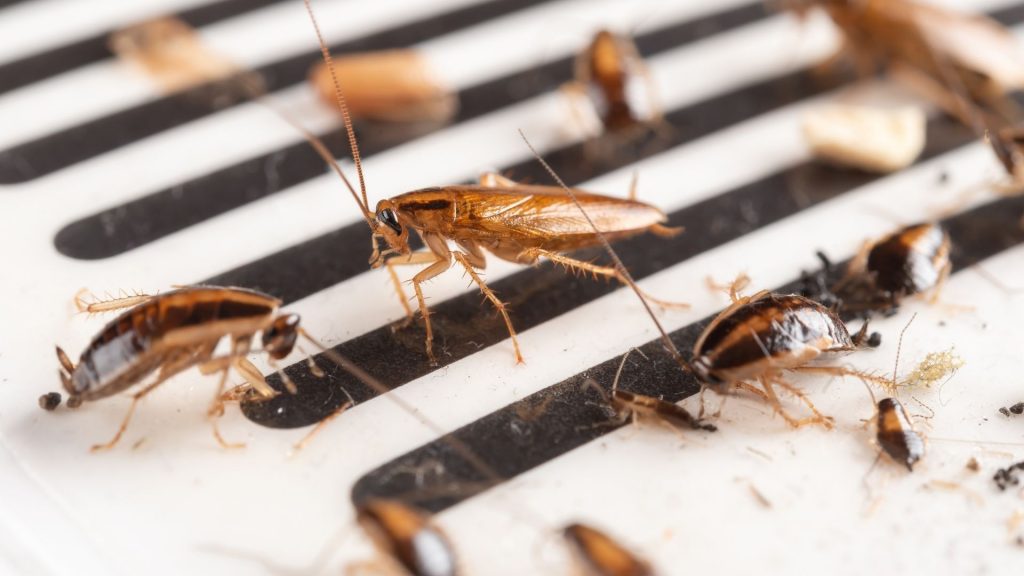Little Known Home Pest Control Methods

Pest control is a frustrating process that can be difficult to get right. It always seems like there’s more to do than we have time for and it never ends. The good news is that new pest control methods are emerging all the time, so there are plenty of ways to make pest control a little easier on yourself!
What are the most effective ways to get rid of pests?
The most effective ways to get rid of pests depend on the type of pest and the severity of the problem. However, some common household pests are commonly eliminated using one or more of the following methods:
– Vacuuming and cleaning floors regularly. This removes food and liquid sources for pests and eliminates their hiding places.
– Sealing cracks around windows and doors. Pests such as cockroaches and termites need a solid surface on which to build their nests, so keeping openings closed will limit their options.
– Using insecticidal soap or a fogger. These chemicals kill insects on contact, so they can be used to control large numbers of pests in a short amount of time.
Make your own homemade pest repellent
Homemade pest repellent is a great way to not only save money, but also to create a product that is safe for you and your family. Here are four simple home pest control methods that can be easily implemented:
1. Use essential oils. Many essential oils are effective against pests and can be used in both natural and chemical-free pest repellents. Try mixing together a few drops of lavender, citronella, eucalyptus, or tea tree oil into a carrier oil (such as coconut oil) and using it as a topical repellent. Dilute the oils before using them, if desired, to avoid irritation. destruction nid de guepes 95
2. Store dried herbs and spices near the entrance of your home. These items contain natural insecticides and will repel bugs away from your home. Choose aromatherapy-friendly plants or herbs to keep pests away; for example, rosemary or mint work well against ants. Additionally, adding a pinch of salt to your pantry will also deter pests by making them thirsty.
3. Keep pets indoors during peak bug times. Pets release particles that promote insect activity—especially mosquitoes—and attract other pests to your
Cleaning products that repel pests
There are many natural and homemade cleaning products that can be used to repel pests. When dealing with pests, it is important to use a product that is safe for the environment and your family. Some of the most popular home pest control products include essential oils, vinegar, baking soda, and diatomaceous earth.
Essential oils can be used in many different ways to repel pests. Some popular methods include using them in diffuser sprays or adding them to water bottles and putting them in areas where pests are known to be. Vinegar is another common home pest control product. It can be used as a surface cleaner, disinfectant, and repellent. Baking soda is another common home pest control product that is often used as a degreaser. Diatomaceous earth is a natural powder that can be used as a pesticide or cleaner.
Gardening tips for pest control
There are many little-known methods for controlling pests in the garden, and some of them are surprisingly effective. Here are four tips to using unusual pest control methods:
1. Use garlic to repel aphids. Aphid populations can be greatly reduced by planting garlic around the plants where they’re feeding. The strong scent of garlic will keep the aphids away and may also deter other insects from feeding on the aphids.
2. Add catnip to your garden to repel fleas and ticks. Fleas and ticks feed exclusively on blood, which is why adding catnip to your garden can help deter them. Not only will this method help keep your garden free of pests, but it can also have a calming effect on pets who enjoy spending time outside.
3. Try spraying your plants with boiling water or vinegar. Boiling water or vinegar have been known to kill a wide variety of insects, including caterpillars, whiteflies, ants, spiders and wasps. Just make sure to test the solution on a small section of plant first to make sure it doesn’t damage the plant.






